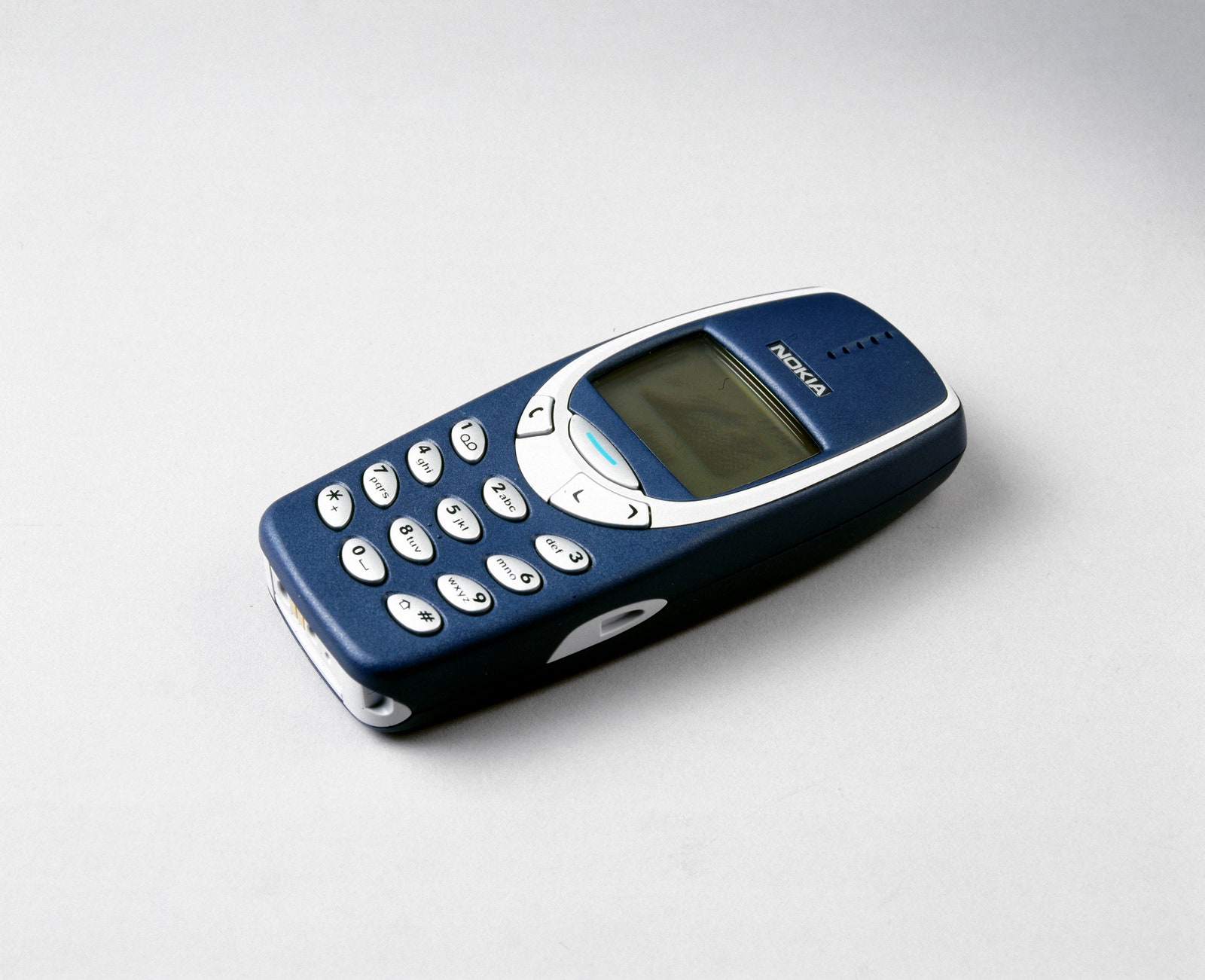
The cell phone is a radio – and a very sophisticated one at that. It was invented by Alexander Graham Bell in 1876, and is a far cry from the old fashioned telegraph. Wireless communication itself has its roots in Nikolai Tesla’s inventions in the late 1800s, and was first presented to the public in 1894 by Guglielmo Marconi. But what exactly is the cell phone and how does it work?
Cell phones use a technology called “cell towers” to communicate. Each cell communicates with other cells and uses a different frequency than other cells. Typically, there are at least three cell towers in an area. They are all wired together and are designed to cover an area. The cells are sized according to the expected number of users in a certain region. Each tower uses a lower transmitter power to avoid broadcasting outside of the cell.
In terms of RF energy, the specific absorption rate (SAR) of a cell phone is the maximum SAR allowed by the FCC. This level of RF energy should not exceed 1.6 watts per kilogram. However, there are some factors that contribute to the increased SAR level. This is a very difficult question to answer. The cellular industry is working hard to develop a comprehensive test that will determine the effect of cell phones on the human body.
A cell phone’s signal strength is indicated by a signal bar. This bar is the standard of a phone’s radio frequency. Unfortunately, this bar measurement is not an accurate representation of signal strength. Because of this, the bars aren’t industry-standards, and it’s difficult to compare a signal with multiple networks. For example, a cell phone with two bars of coverage on a Verizon network could have three bars of coverage on a Sprint network. Similarly, a phone may show three or more bars depending on the manufacturer of the device.
There are many other issues associated with the cell phone, and it is unclear whether it causes cancer. Scientists are looking into the possible link between cell phone use and tumors. For example, acoustic neuroma is a tumor that grows on the nerve between the ear and the brain. While this type of tumor doesn’t cause cancer, it can lead to loss of hearing. And a glioma is a tumor that can develop anywhere in the central nervous system.
In addition to these, scientists are studying a link between cell phone use and cancer. While acoustic neuroma doesn’t cause cancer, it can cause hearing loss. Moreover, acoustic neuroma is not the only type of tumor associated with cell phones. But it’s important to remember that acoustic neuroma has nothing to do with a user’s health. In addition to cancer, it also has other side effects.









